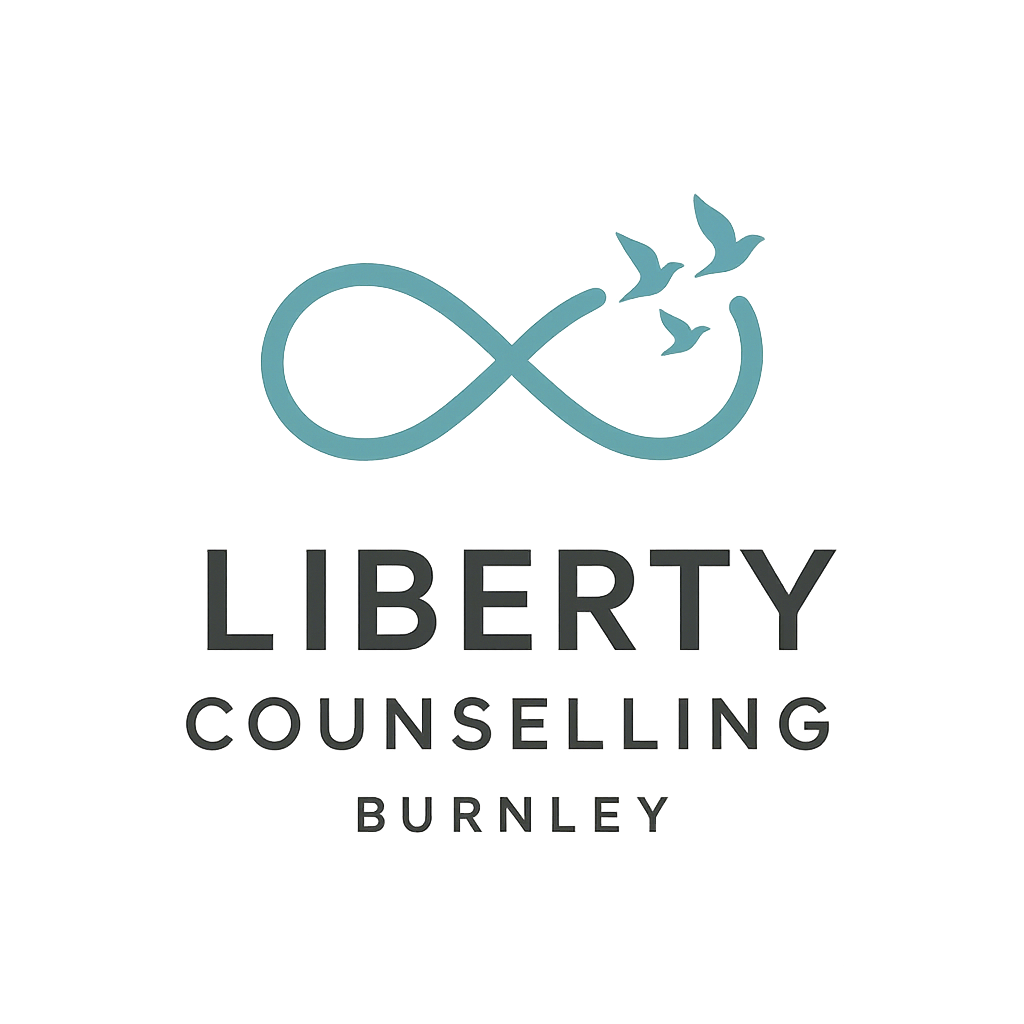Therapy with me supports the whole person, body, mind, and environment through a biopsychosocial, trauma-informed approach. We will begin where your system already is, and explore subconscious patterns, early relational experiences, support and healing of the nervous system, and use sensory profiling to notice what overwhelms, comforts, or grounds you. Sessions are paced to your capacity, using trauma-informed approaches so insight can emerge from felt experience, alongside guided understanding of how your mind, body, and nervous system respond. This integrative approach supports self-awareness, self compassion, nervous system regulation, wellbeing, and honours neurodivergent and individual differences.
What this explores:
Supporting and Healing the Nervous System – Rather than asking your system to “regulate” or cope, therapy is paced to support an overworked nervous system. This includes:
- Slowing the pace to match your capacity
- Noticing early signs of activation or shutdown
- Working within tolerance rather than pushing through
- Using EMDR-informed and somatic approaches when appropriate
The aim is not to force change, but to allow your nervous system to learn that safety is possible.
Sensory Profiling & Meaning-Making – Many people experience the world primarily through their sensory system. Together, we explore your unique sensory profile, identifying what overwhelms or drains you, what helps you feel settled, and how sensory experiences connect to emotion, memory, and meaning.
We also explore meaning-making through subconscious patterns, early relational experiences, and internal conflicts, paying attention to how these are held and expressed in your nervous system through tension, activation, shutdown, or other bodily responses and how they show up as protective patterns in your relationships.
This process helps you understand how past and current experiences shape not only your thoughts and feelings but also your bodily reactions and relational responses, creating a foundation for self-compassion, bodily awareness, and meaningful change.
How this approach supports the whole-self (Biopsychosocial)
- Biological / Body: Supporting nervous system regulation, sensory processing, and managing the physical effects of chronic health conditions such as Fibromyalgia, ME/CFS, POTS, FND, EDS or hEDS
- Psychological / Mind: Exploring identity, processing trauma, anxiety, and emotional patterns, including understanding the impact of late diagnoses of Autism or ADHD
- Social / Relationships: Navigating relational challenges with partners, family, or children, and considering the impact of social expectations, masking, or environmental stressors on your wellbeing
- Integration: Building self-awareness, confidence, and self-worth beyond productivity or others’ expectations, and creating change that feels realistic, sustainable, and aligned with your full experience
You might resonate with this approach if you notice:
- Exhaustion deeper than stress, chronic fatigue, or pain, alongside nervous system patterns such as hypervigilance, shutdown, dissociation, or sensory overwhelm
- A questioning of yourself about neurodivergence, identity, or complex trauma
- A desire to understand yourself rather than just cope, a wanting to explore why you react or respond in certain relational & familial situations
- A curiosity about how masking, sensory mis-attunement, or long-term stress has shaped the way your system responds in relationships or daily life
Please see the following sections for further information on how my approach may offer therapeutic support:
Neurodivergence, Disability & Chronic Health
Support for parents of Neurodivergent Children & Young People
Sessions are available online, weekly or fortnightly, and can be adapted to support your access and pacing needs.
Experience & Qualifications
I have many years’ experience as a counsellor, psychotherapist, EMDR practitioner, and clinical supervisor, working with adults & young people in private practice and community mental health services. My background includes extensive work with complex trauma, neurodivergence, and chronic health conditions, alongside issues such as identity, burnout, anxiety, and relational / familial patterns.
I hold an integrative psychotherapy qualification, advanced training in trauma and somatic awareness, and formal supervision training that integrates reflective, developmental, and restorative models. As an EMDR practitioner, I bring a deep understanding of trauma processing, nervous system regulation, and the relational safety that supports healing and professional growth.
I am an Accredited member of the British Association for Counselling and Psychotherapy (BACP) and the National Counselling & Psychotherapy Society (NCPS) and maintain regular supervision and CPD to ensure ethical, inclusive, and contemporary practice.
Sessions are available online worldwide, and provide a qualified, fully insured & ICO registered practice
